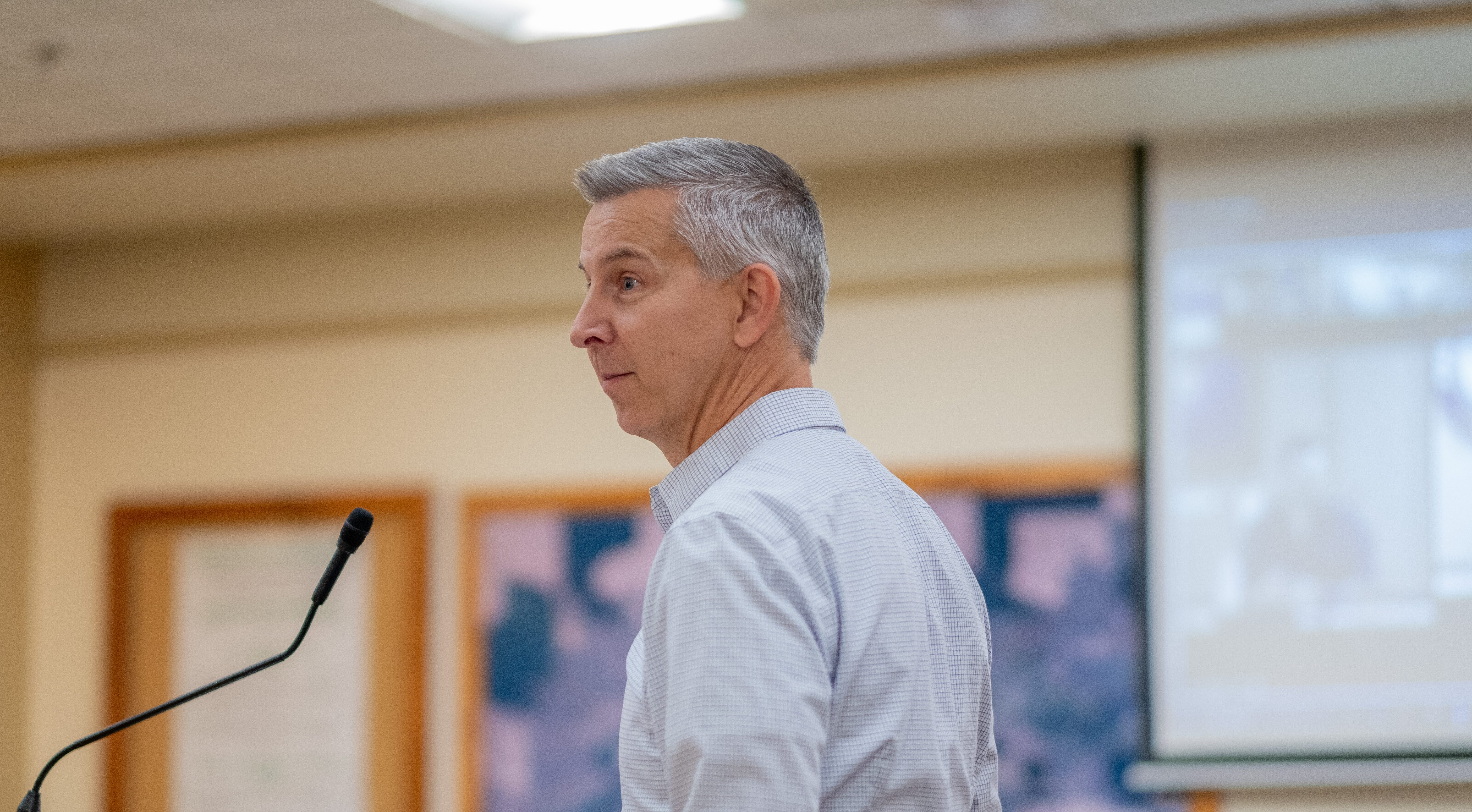Pastures of plenty: An ode to home education
Published 6:00 am Tuesday, February 16, 2021

- Hobbs
This week, in an attempt to contextualize my own experience in home education, I turned to an unlikely source — my Instagram followers — to collect some anecdotal data.
After six months into read-alouds over breakfast, math lessons in pajamas and Latin studies at the kitchen counter, I needed to see if other mothers had fallen in love with educating their children at home. If other families had taken matters into their own hands and in the process discovered a richly rewarding journey that has been deeply misunderstood by society at large. Of course, my sample was undoubtedly biased as the vast majority of respondents were homeschooling mothers.
Trending
However, if I have learned anything over these past few months it is to stereotype homeschoolers at your own risk.
Through my foray into quantitative data collection, I gathered that the majority of my respondents were mothers who had no formal education background but felt that it was not a hindrance to teaching their own children. Most were secular homeschoolers, meaning they do not use religious curricula. Above all else, however, they were working mothers who felt no desire to return to public school and that educating at home was not creating the dreaded (and what I’m beginning to suspect is mythological) socialization deficit.
Would I feel so passionately about home education if circumstances in my home were different? Perhaps. There isn’t a day that passes when I don’t feel grateful for the privilege of being able to question conventional educational wisdom — the consensus gentium. However, I can only live life through my own lens and experiences. I know that my younger son was plagued with school-related anxiety before his education was centered at home. I know my older son, who although was better equipped to handle the classroom, needed accelerated materials his school was unprepared to give him. At home age becomes arbitrary and suddenly all the benchmarks we seem to be hurtling toward vanish overnight. Rabbit holes are free to be followed and sparks of curiosity are nurtured into inner flames.
At home, I have watched a little boy who used to let simple subtraction problems reduce him to tears now approach multiplication with courage and confidence.
I have watched another who, in his classroom, was often chided for chair tipping and squirming wriggle his way through Shakespeare, Chekhov, and Twain. They are free to explore without boundaries, without benchmarks, and without external pressures. In education, intrinsic motivation is often hailed as the high-water mark for student achievement.
Now, I am not suggesting that in our homeschool everything my children work on is self-chosen, or that our work is done graciously and always without complaint. Far from it. That said, seeding intrinsic motivation in an educational setting becomes much easier when your child sees themselves reflected in their educational journey — when they choose the foreign language, when they choose the novel study, and when they choose which period of history to study.
Trending
Of course, there are always doubts. When we become mothers our amygdala, the center of the brain that processes emotion, fear and memory, expands and never actually shrinks back to its pre-parent size. At this current moment in time, there is no shortage of amygdala fodder, regardless of whether you’re educating your children at home or facilitating distance learning. Our homeschooling journey was oddly not predicated upon the COVID-19 pandemic. It was undertaken out of necessity, to save my son’s love of learning before he began to associate it with the stresses he felt being in school. And although I have a couple of years of teaching experience, at home any strategy employed in the classroom is quickly rendered futile. All paradigms shift and a new framework through which learning is facilitated becomes necessary.
What emerges from all that reconstruction rubble is a superbly rewarding experience. One that is abundant in discovery. One in which you have the freedom of being a student alongside your own children.









